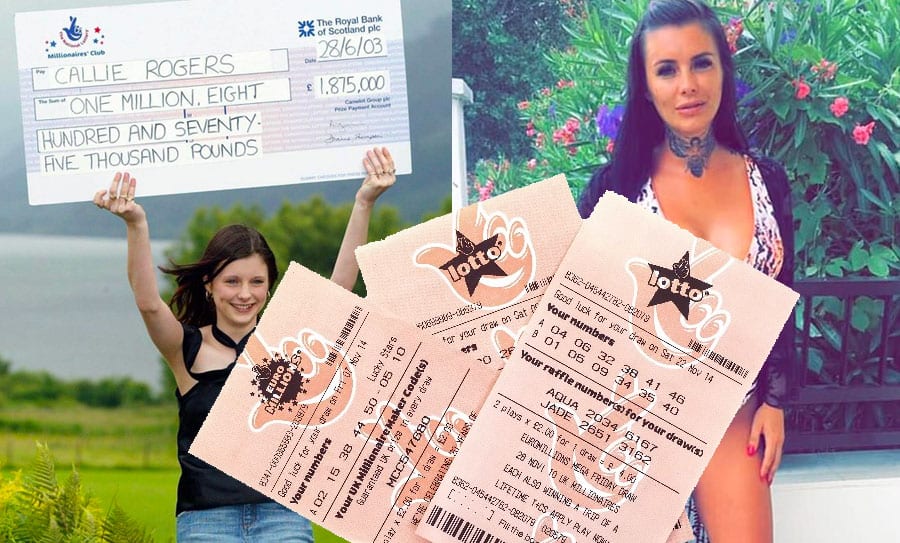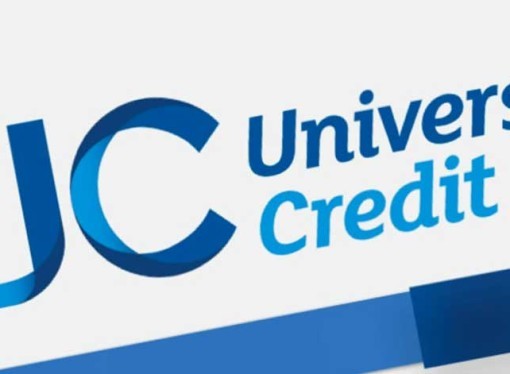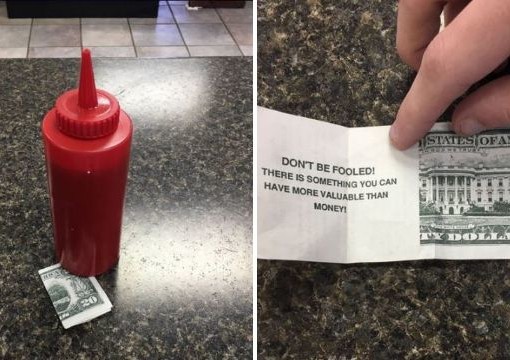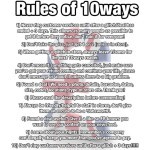You should only ever gamble what you’re willing to lose, if you think you’ve got a problem or you’re spending more than you wish on gambing visit BeGambleAware. This article is part of ‘Improve yourself‘ a category designed to show ways people may scam you, how companies trick you and most importantly how you can improve your life by doing something you love doing.
In 2003, Callie Rogers aged 16, won £1,875,000 in the National Lottery making her the youngest ever winner. Now aged 32 she’s opened up on how “fake pals”, “false people” and “distant relatives and friends of friends” ruined her life by asking for loans and gifts and helping her spend all the money with none left, of the £1.87M she spent:
- An undisclosed amount on buying a house (although it appears this has since been sold)
- A car (even though she couldn’t drive)
- £300,000 on clothes
- £500,000 in gifts
- £18,000 on three boob jobs
- £200,000 in loans to “fake pals”
- £30,000 for a deposit on a house that her ex-partner Paul lives in now
- A house for her grandparents, now worth £140K
“I just wanted to go back to having a normal, quiet life.”
Callie who is now campaigning the Government to increase the minimum age of playing the lottery to 18, told ITV / Daily Mirror:
“People still ask me about the lottery win all the time.
“You are only a 16, with all that responsibility. At that age, you can get the best advice ever.
“But you are not in a position to listen. I was too young.
“Overnight I went from carefree child to adult. All these years on, it still gets dragged up.
“Even when I go for job interviews, I am thinking about it.
“I suffer from such bad anxiety when I am going to meet new people. It preys on my mind, what a new partner’s family will think of me, or even new friends. I still get abuse just because of who I am.”
How big of a problem is ‘Child Gambling’ in the UK?
BeGambleAware state: “Young people take part in all forms of gambling. The most common types for young people between 11 and 16 are the lottery, scratchcards and slot machines, and making bets or playing cards with friends, with either cash or other items at stake.
Gambling problems are experienced by around 2% of people aged 11 to 15, around 60,000 young people in Britain.”
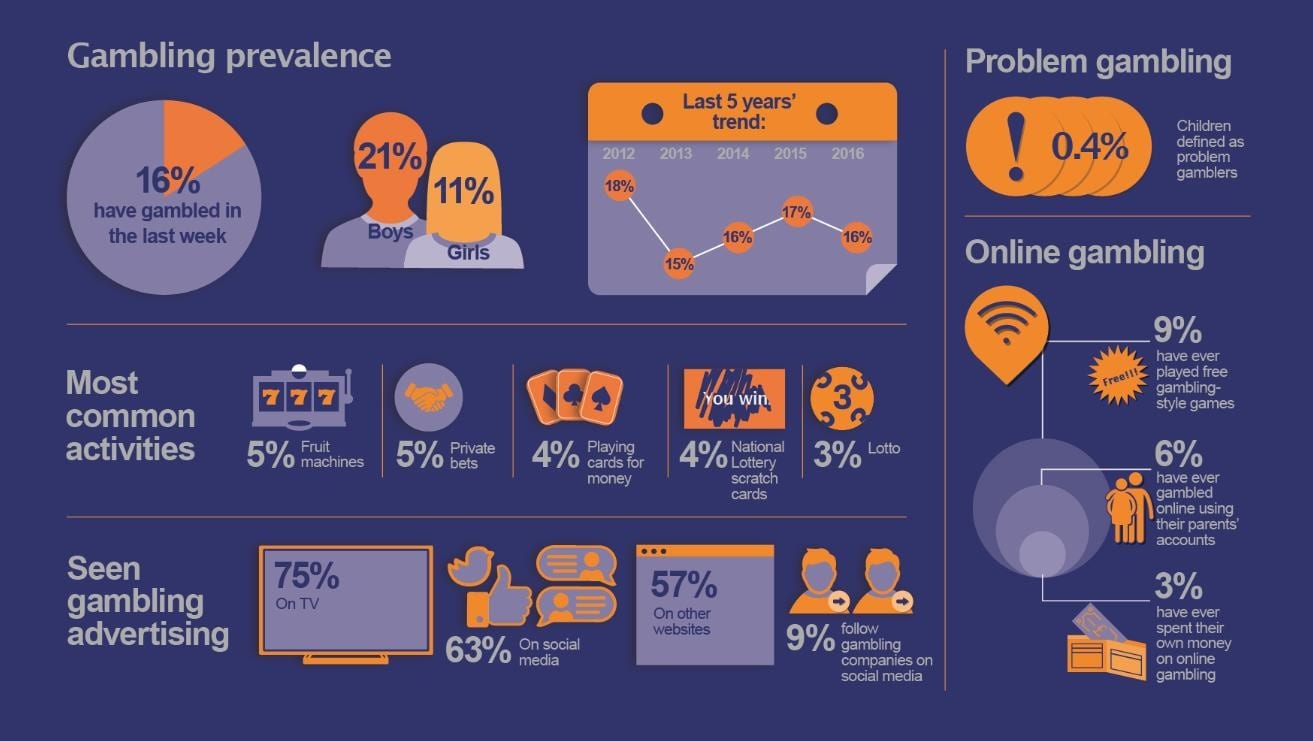
Callie added:
“I would give money to distant relatives and friends of friends. I loaned £20,000 here, £13,000 there. I would never get it back.
“People asked for money for new cars and I would help out. I was a soft touch. Now I realise what they were like. I was exploited because of my age. I had a lot of fake relationships.”
What is the government’s plans?
All this comes to light after the government recently announced that the National Lottery minimum age could be raised from 16 to 18 years of age in an attempt to reduce gambling addiction with youngsters.
Culture minister Mims Davies said: “that the risk of harm associated with playing the National Lottery was the lowest of any form of gambling, but we do know the risk is slightly higher for instant win games than it is for draw-based games such as Lotto”.
Labour’s shadow culture secretary, Tom Watson said: “It’s our strong view, and I’m sure members across the House will agree, that we already have all the evidence we need. To gamble you should be an adult, so the minimum age for all gambling products should be 18 – it’s as simple as that.”
In 2018 this video was shown on ITV:
She continued:
“The publicity was the hardest part for me because of my background.
“Suddenly, everyone was dragging up my past life. It was such good story for Camelot, they reckon their ticket sales rocketed after I won.
“The win was not a massive part of my life. I was pleased to help all my family, but the money was never that important to me, maybe because I never had any growing up.”
Carrie is now a full time carer for her son, who has cerebral palsy.
Camelot who’re known to offer two levels of support for winners:
- Financial advisors if you’re willing to go public
- None if you want to remain anonymous
said: “Callie received extensive support from us which lasted many years. She didn’t take up the independent financial and legal advice offered by us. However, our winner’s team fully supported her and helped her to handle media interest. We will continue to support Callie in any way we can if she wants.”
The Camelot website says:
How we look out for winners
Winning a lot of money can be life-changing. That’s why we’re here to help.
- We can arrange a press conference if a player would like to talk about their win. If they’ve decided to stay anonymous, we don’t say a word – unless a winner signs an agreement with us that they want publicity, we won’t release any information into the public domain.
- For prizes of £50,000 and up, winners can choose for our player services team to pay them in the comfort of their own home, or choose to drop in at one of our prize payout centres.
- For prizes of £500,000 and up, we make sure a private banking representative is on hand to help winners make the most of their new-found wealth. We can also arrange for a panel of independent financial advisers to provide impartial and practical advice.
What are your thoughts?


